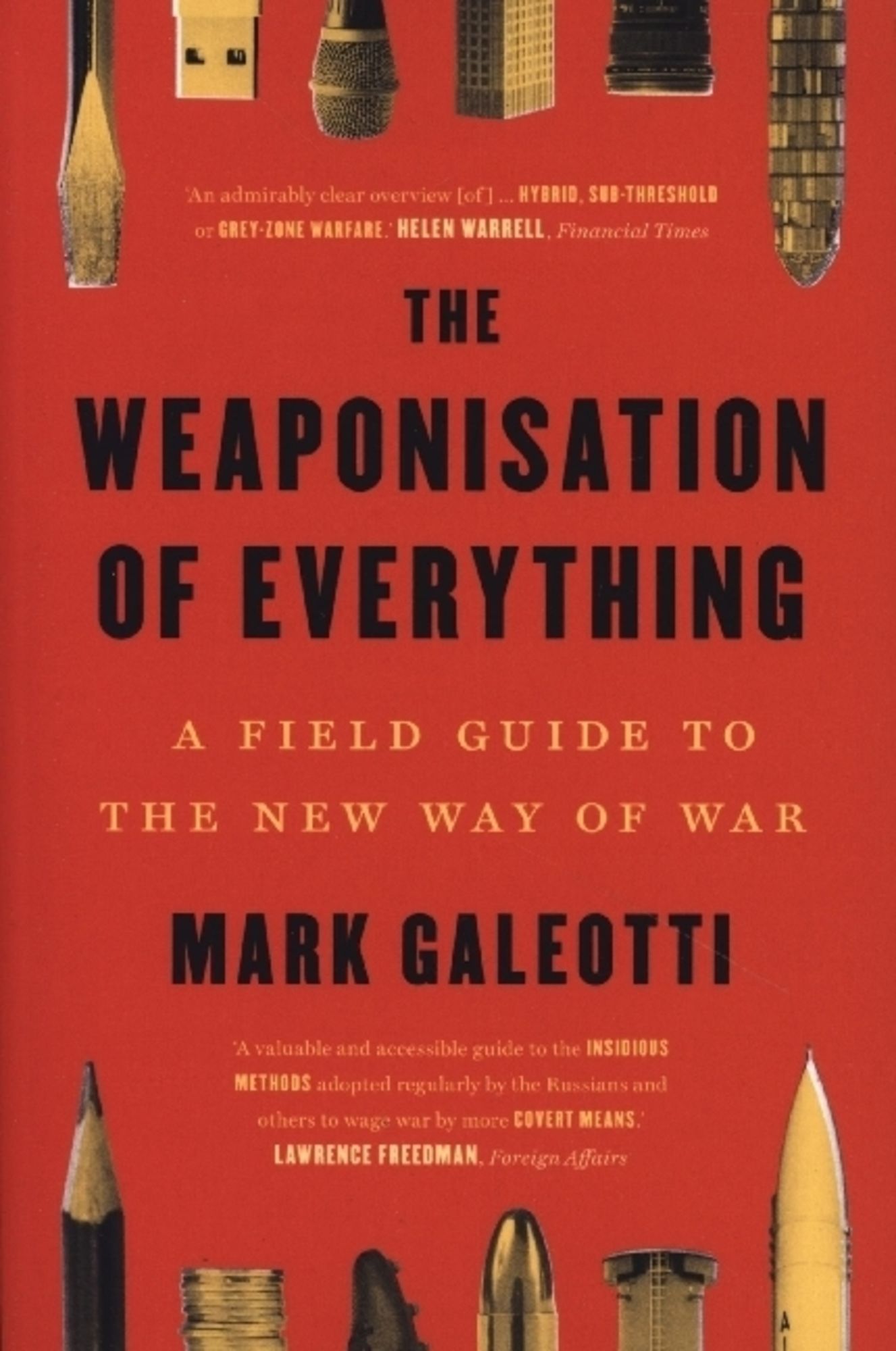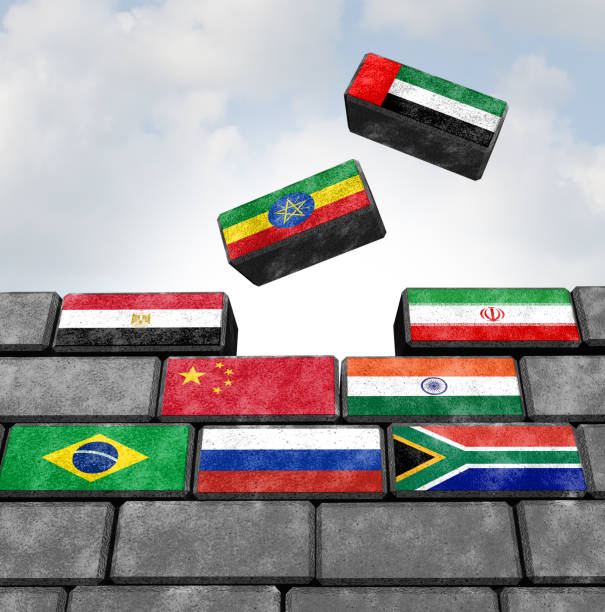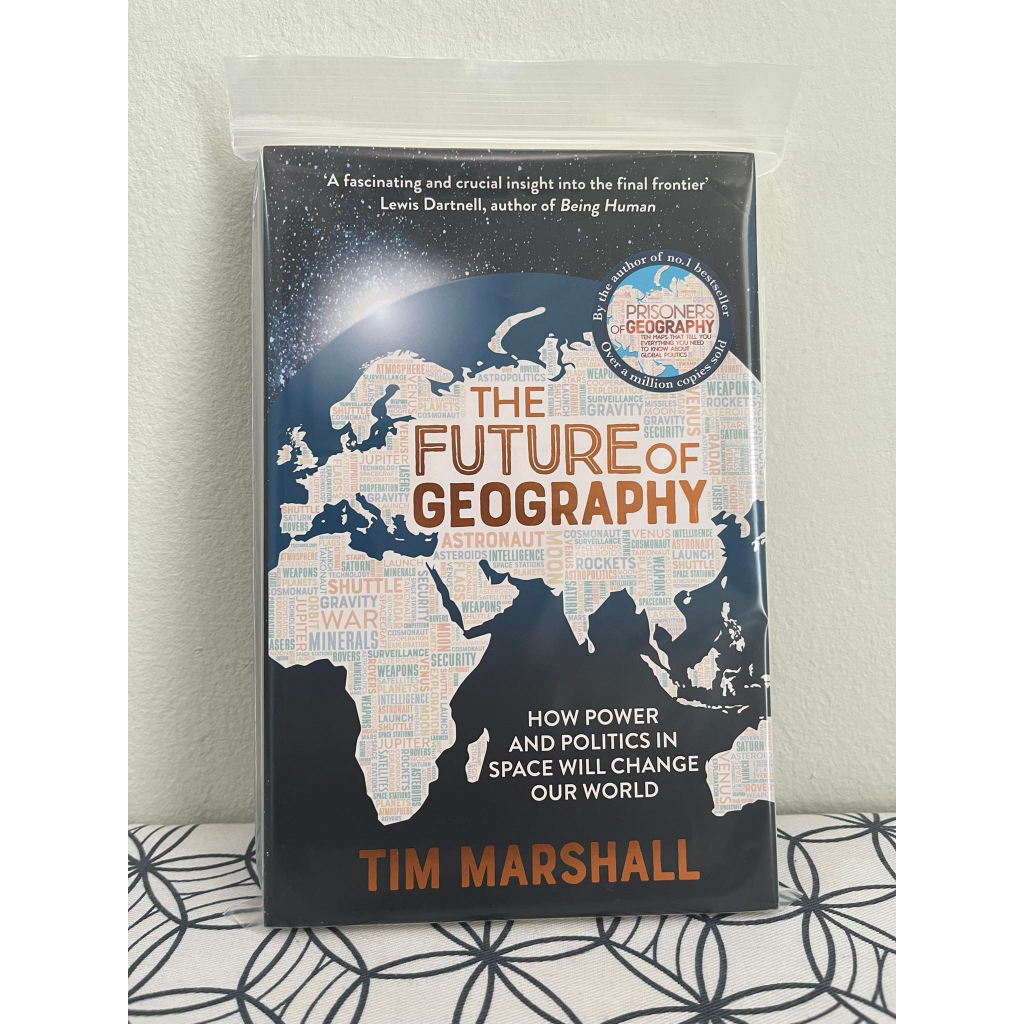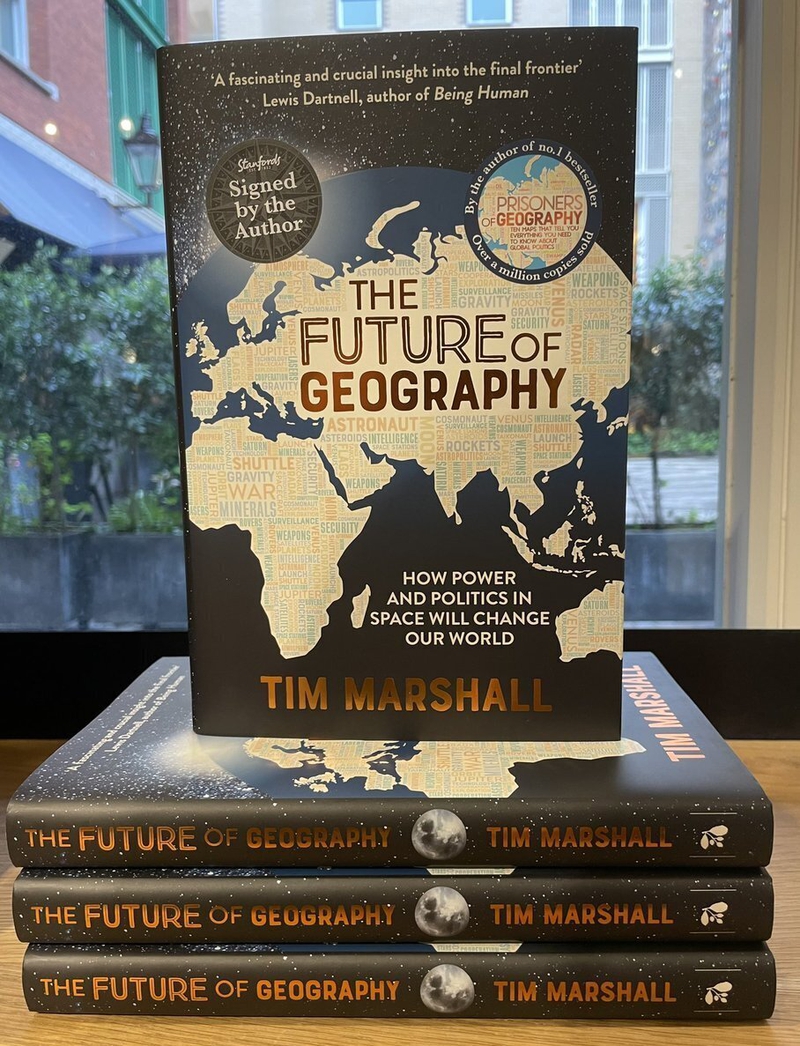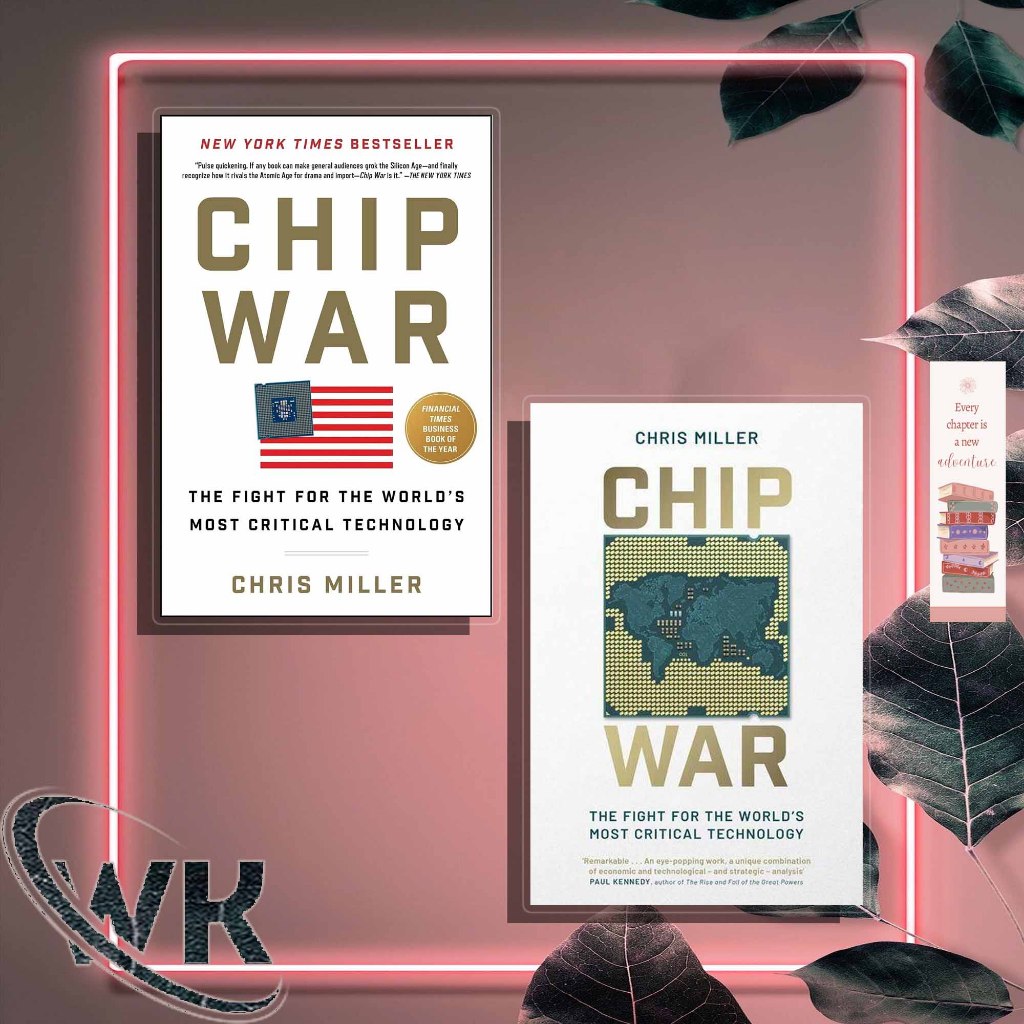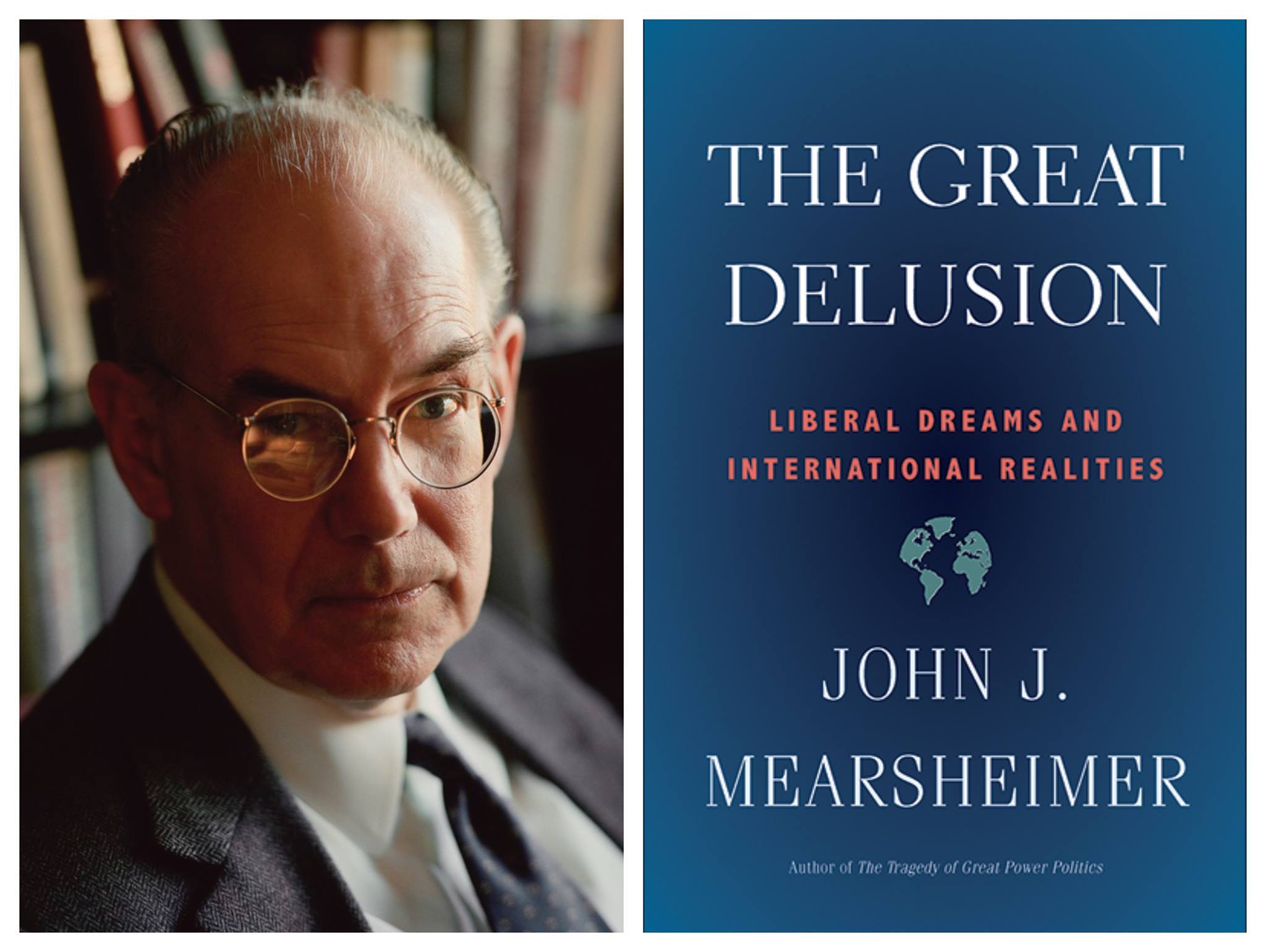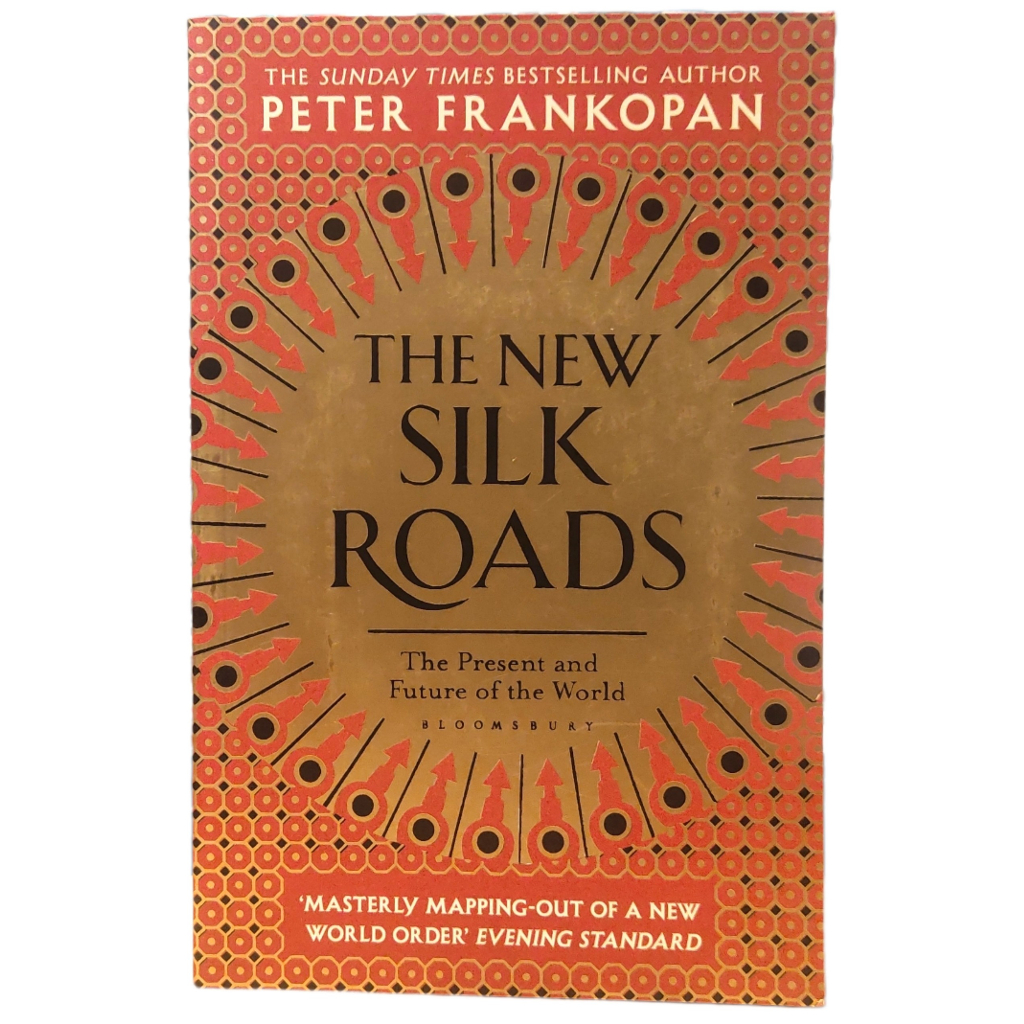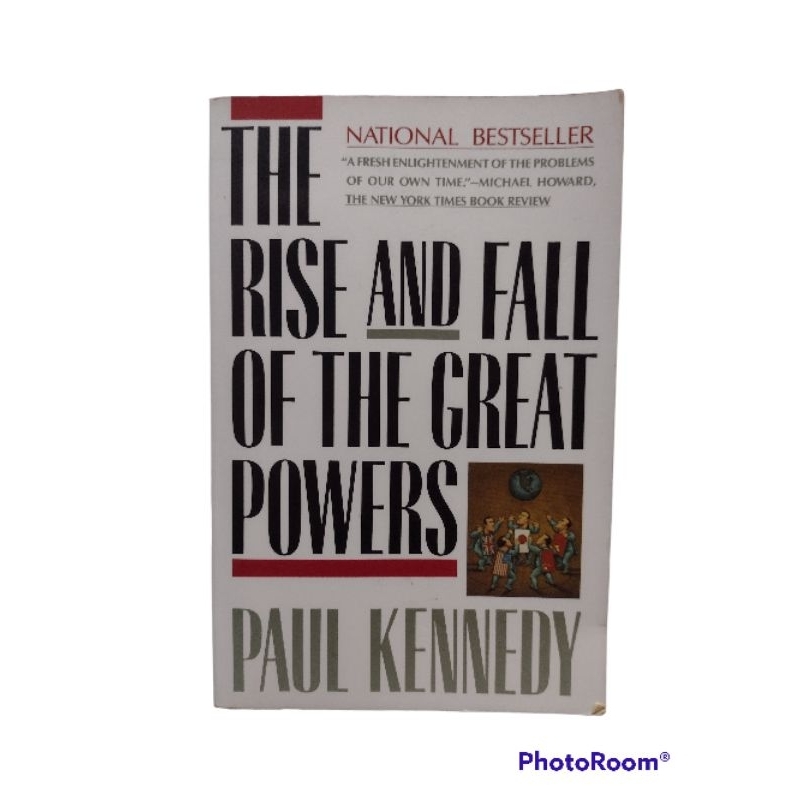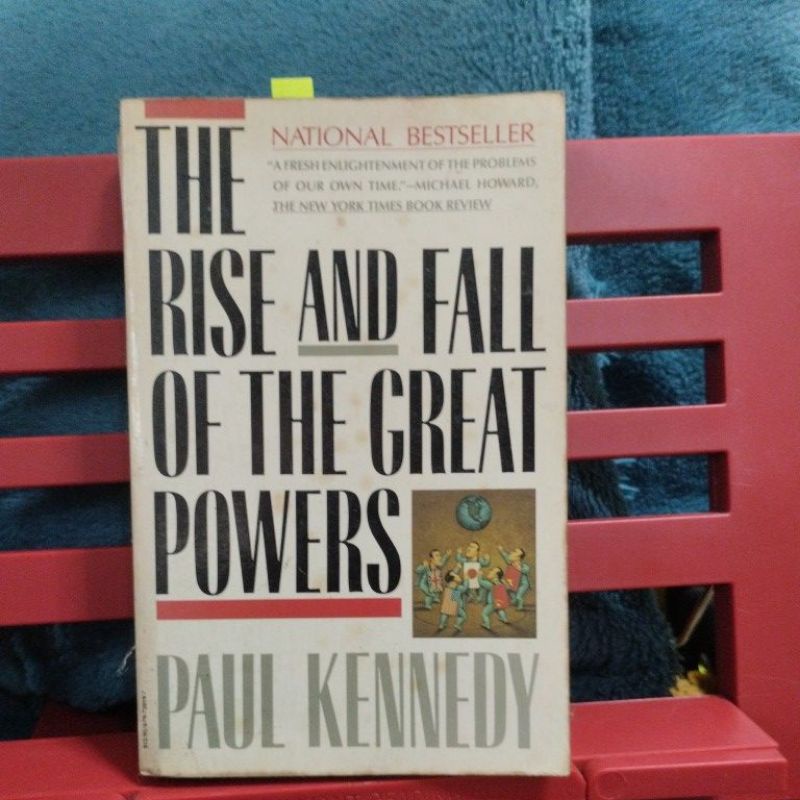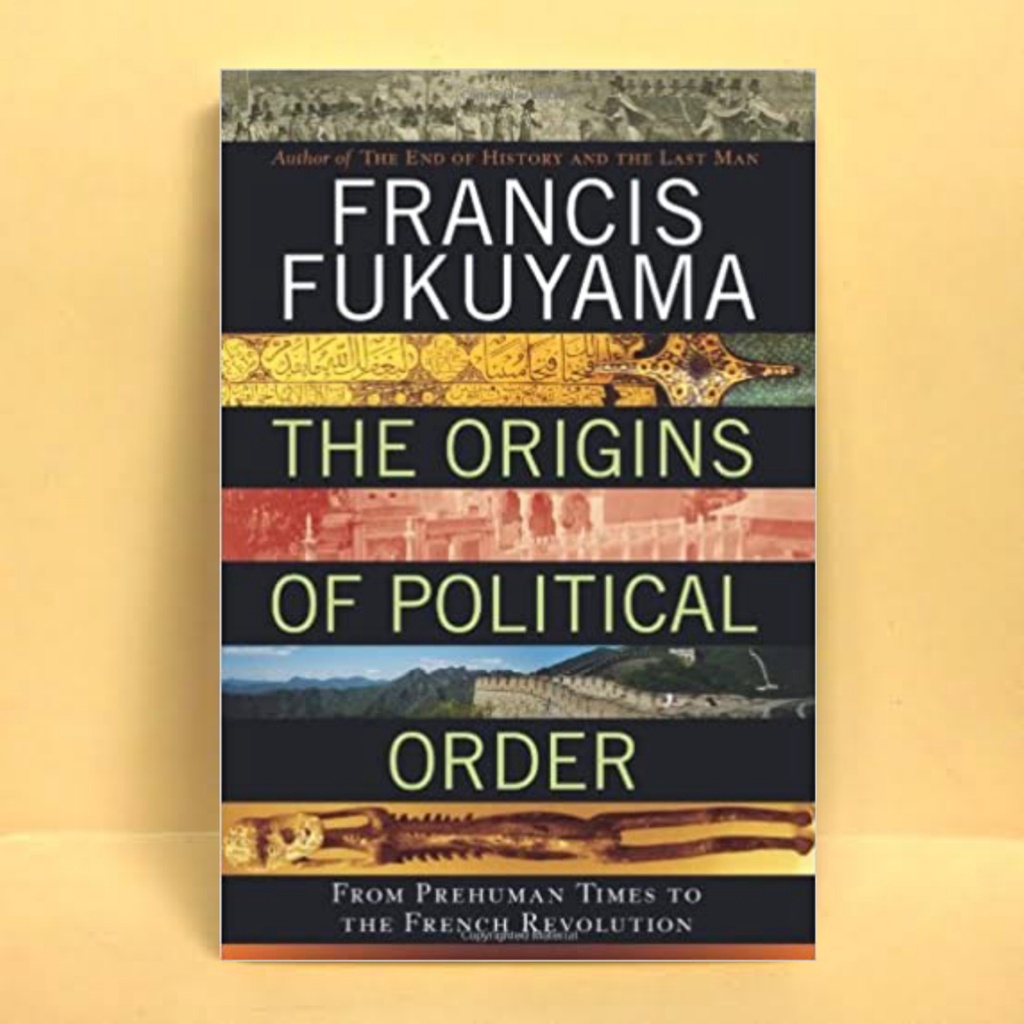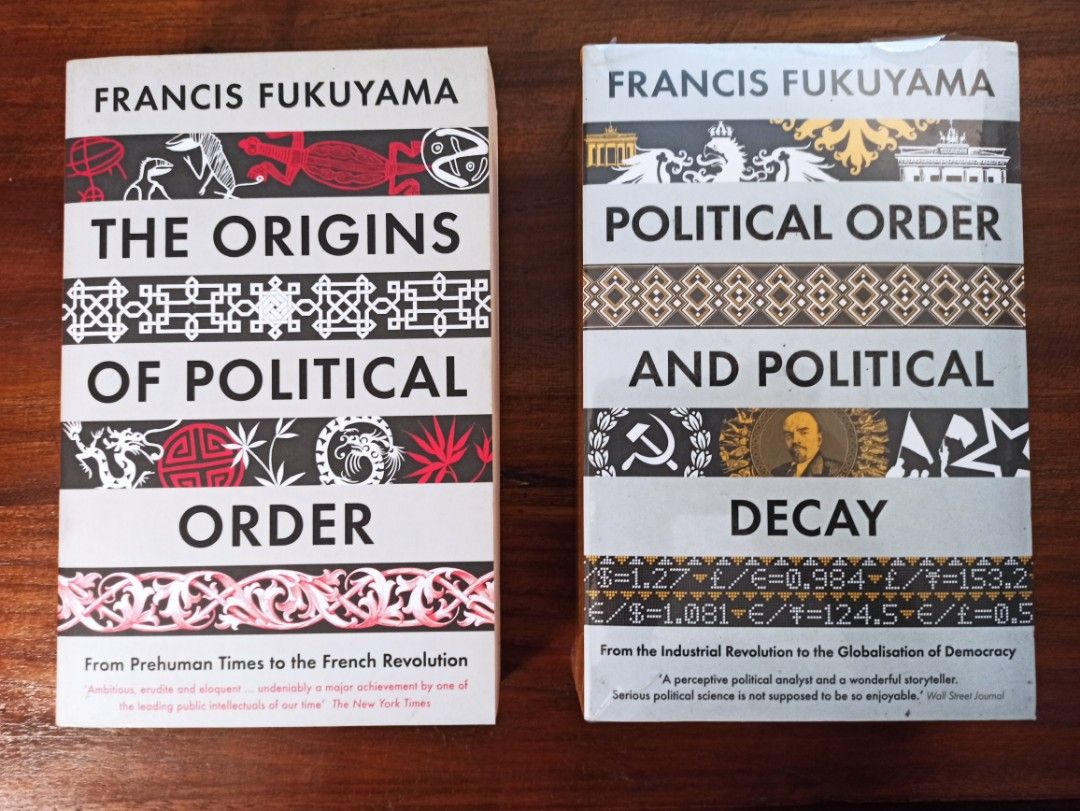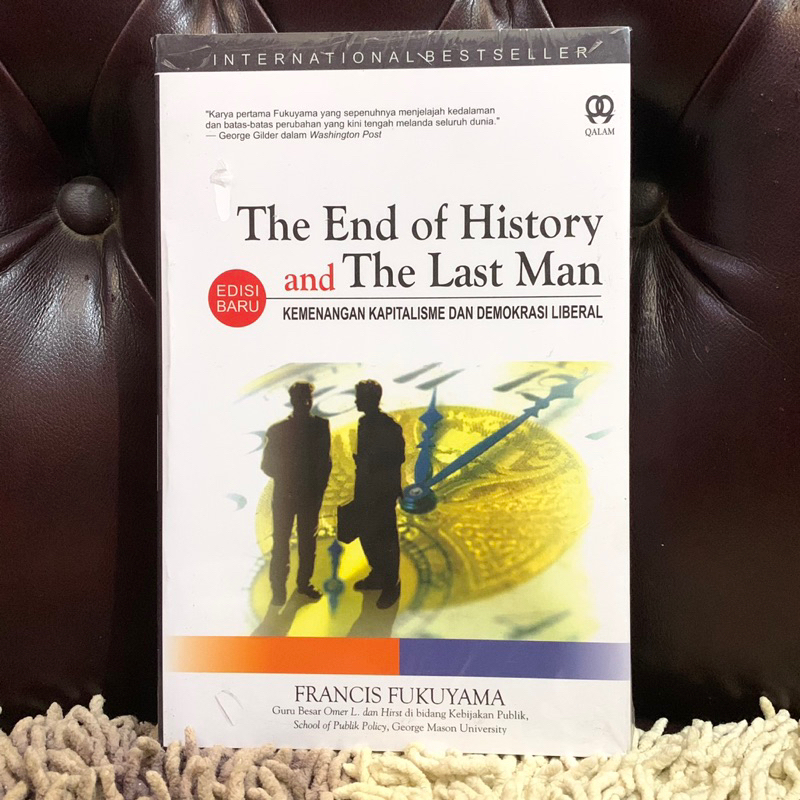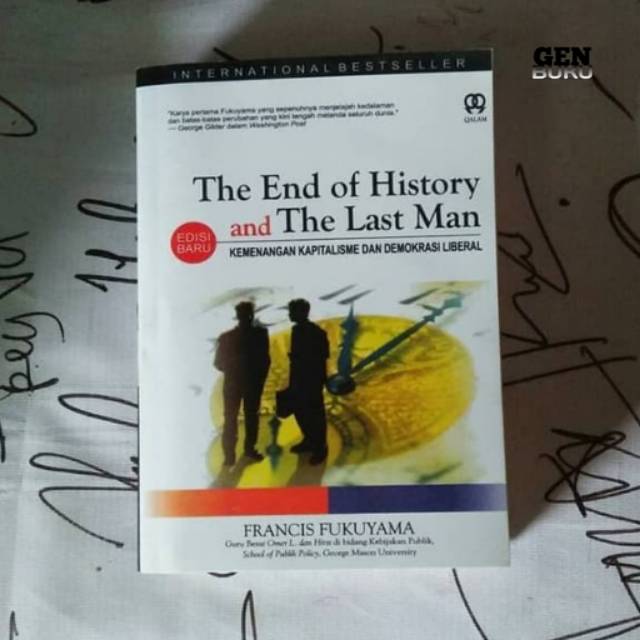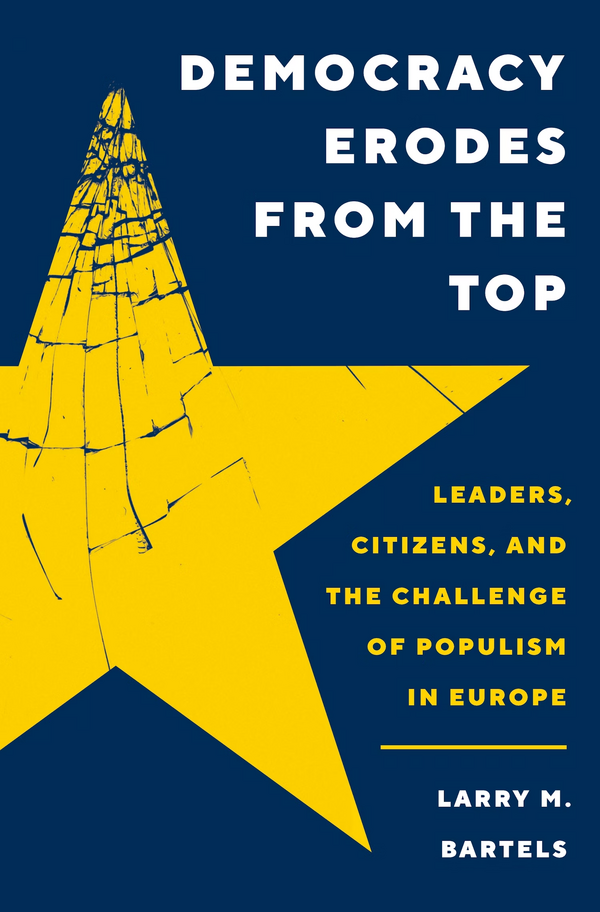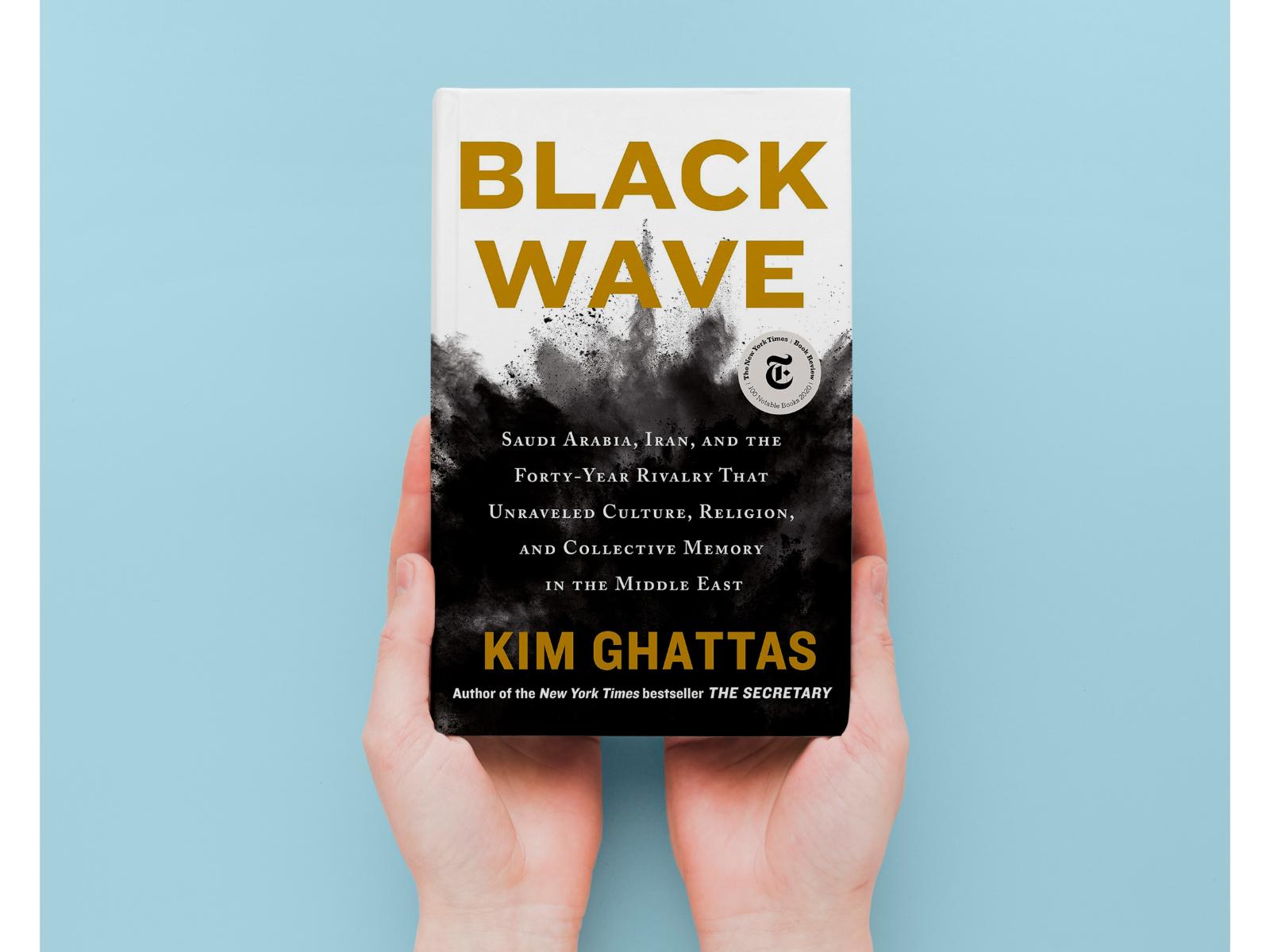Calder Walton's work examines the century-long covert struggle between Russia and Western allies, emphasizing the current geopolitical conflicts and the lessons for international relations[1].
Jennifer E. Sims discusses how intelligence shapes competitive advantages for governments and decision-makers, making it essential for understanding current global dynamics[1].
Ronen Bergman's book provides insight into Israel's covert warfare, useful for understanding the ongoing conflict in the Middle East[1].
Mark Galeotti explores how conflicts are transitioning to incorporate non-military means, offering insight into hybrid warfare strategies and security challenges[1].
Weber's analysis of the challenges facing globalization and the emergence of new geopolitical economic power blocs is crucial for understanding corporate and economic strategies[1].
Philip Bobbitt's work redefines the role of the nation-state in contemporary conflicts and security challenges, offering a deep perspective on historical and modern governance[1].
Tim Marshall's exploration of astropolitics investigates the growing significance of space in geopolitical strategies, making it essential for understanding future global conflicts[1].
Serhii Plokhy provides insight into the historical and current dynamics of the conflict, which is essential for understanding European security issues today[1].
Mikhail Khodorkovsky outlines a vision for Russia's potential future, offering a critical perspective on domestic politics and governance[1].
Henry Kissinger, Eric Schmidt, and Daniel Huttenlocher discuss the profound implications of AI technologies on global society and international relations, vital for understanding future geopolitical landscapes[1].
Chris Miller examines the semiconductor industry's critical role in geopolitics, providing a comprehensive overview of current technological competition[7].
John J. Mearsheimer argues against the idealistic views of liberalism in international relations, offering a realist perspective essential for understanding global power dynamics[6].
Samuel P. Huntington proposes that future conflicts will arise from cultural and religious identities, an important consideration for today’s political landscape[6].
Peter Zeihan discusses how geography, demographics, and resources shape the future geopolitical landscape, emphasizing the U.S. position in global affairs[6].
Peter Frankopan explores how historical trade routes shape current political and economic relationships between the East and West[6].
Paul Kennedy analyzes the patterns of power throughout history, offering valuable insights into the dynamics of international relations[7].
Francis Fukuyama investigates the evolution of political institutions and their impact on societies, essential for understanding governance in global contexts[7].
Fukuyama also explores the implications of liberal democracy's ascendancy post-Cold War, providing a framework for contemporary political analysis[7].
Larry M. Bartels examines the elite-driven decline of democratic values across Europe, relevant for understanding current political trends[7].
Martin Wolf analyzes the interplay between political and economic systems, discussing the challenges faced by modern democracies[7].
Jane Mayer reveals how wealth influences U.S. politics, crucial for understanding the corroding effects of money in governance[7].

David Wallace-Wells provides a stark warning of the impacts of climate change, emphasizing the pressing need for global action[8].
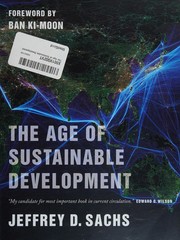
Jeffrey D. Sachs presents comprehensive strategies for addressing global challenges like poverty and inequality, vital for future policy considerations[8].

Karl Polanyi discusses the historical shifts in economic systems and their political implications, providing context for contemporary global issues[8].

Naomi Klein explores the exploitation of crises for economic gain, crucial for understanding the complexities of power during global emergencies[8].
Kim Ghattas chronicles the deep-rooted conflict influencing the geopolitics of the Middle East today[1].
Michael Axworthy details the historical context necessary for understanding Iran's current geopolitical strategy and position in the international arena[1].

Michelle Alexander examines systemic racism in the U.S. justice system, highlighting the broader implications for society and politics[8].

Jared Diamond’s exploration of historical factors influencing societal development offers important lessons for understanding contemporary geopolitical issues[8].
Get more accurate answers with Super Pandi, upload files, personalized discovery feed, save searches and contribute to the PandiPedia.
Let's look at alternatives:
- Modify the query.
- Start a new thread.
- Remove sources (if manually added).






